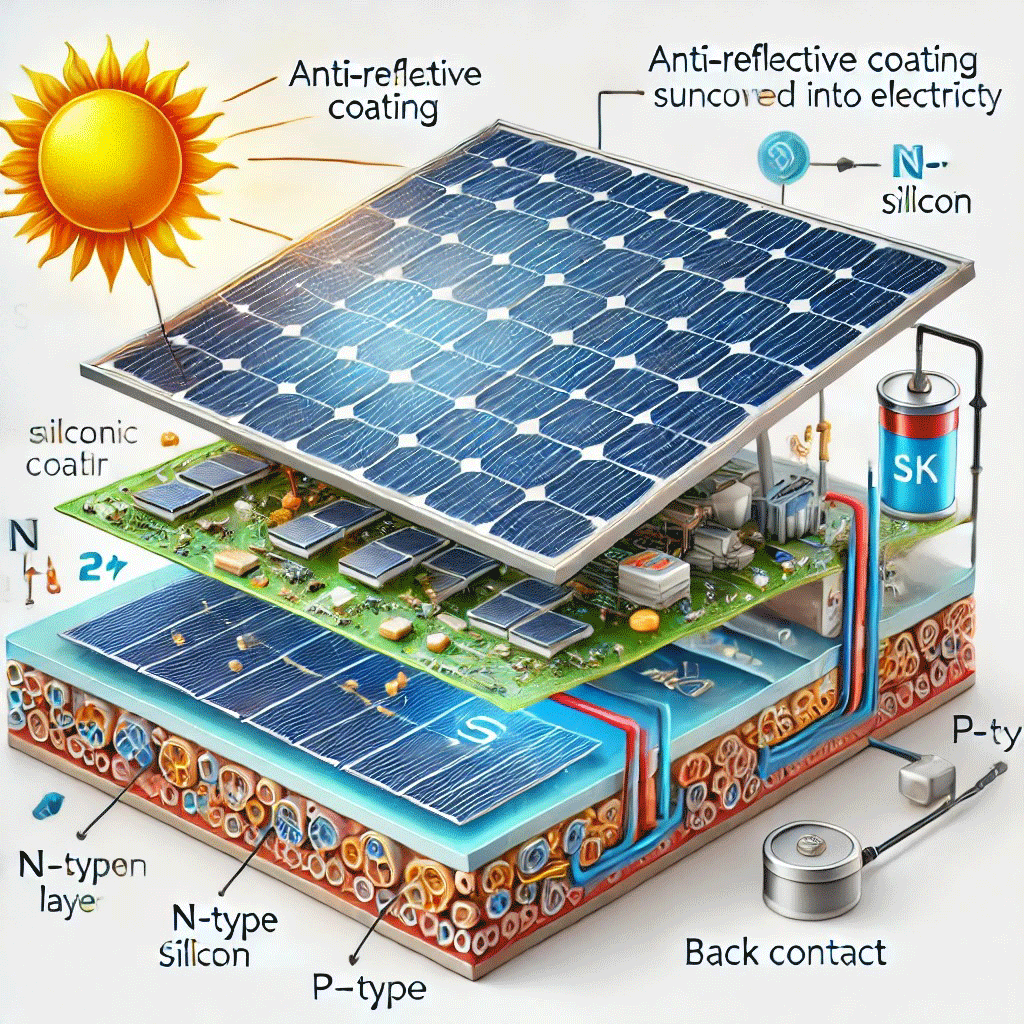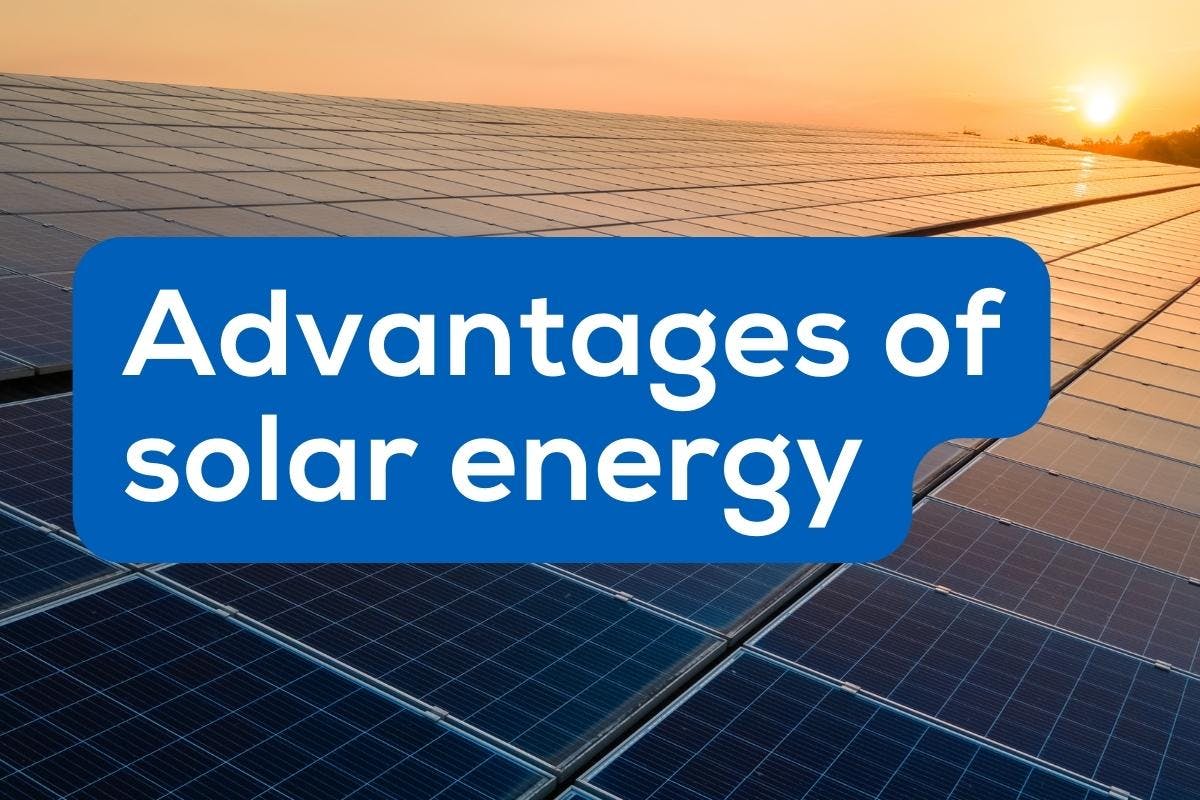Just How Solar Power Can Assist You Conserve Money and Lower Your Carbon Impact
The integration of solar energy right into your energy portfolio provides a compelling chance for both economic cost savings and environmental stewardship. By taking advantage of the sunlight's power, home owners can dramatically minimize their regular monthly energy expenses while likewise securing against the unpredictability of future energy expenses. Furthermore, the change to solar adds to a marked decline in carbon discharges, lining up personal finance with wider eco-friendly objectives. As various government incentives appear, the inquiry develops: just how can one successfully browse the first financial investments and continuous advantages of solar innovation to take full advantage of both financial and ecological gains?
Understanding Solar Energy Cost Savings
While the change to solar power commonly involves an initial financial investment, recognizing solar power cost savings is critical for house owners and companies alike. Solar power systems can significantly decrease electrical energy bills by taking advantage of the sunlight's energy, equating right into significant lasting economic advantages.
Moreover, solar energy systems may qualify for various financial incentives, consisting of tax debts and rebates, even more enhancing their cost-effectiveness. The accessibility of internet metering permits individuals to market excess power back to the grid, developing an added revenue stream. These aspects add to the total cost savings associated with solar energy.

Along with guide monetary savings, solar power supplies the included advantage of increasing building value. Houses outfitted with solar panels are often a lot more appealing to buyers, as they assure reduced energy costs - Simply Solar Illinois. Recognizing these elements is crucial for anyone thinking about solar power, as it highlights not simply the possible monetary gains, yet also the wider environmental and economic benefits of embracing sustainable energy solutions
Initial Expenses vs. Long-Term Advantages
When reviewing solar power, it is crucial to evaluate the preliminary expenses against the long-lasting benefits. The ahead of time investment for solar panels, installment, and relevant tools can be substantial, usually varying from $15,000 to $30,000, depending upon the system size and home energy needs. This first expense may hinder some home owners; however, it is important to think about the possible cost savings in time.
When installed, solar power systems can substantially reduce or even remove month-to-month electrical energy costs, causing significant long-lasting economic benefits. Researches indicate that house owners can save anywhere from $10,000 to $30,000 over the life-span of their planetary system, usually 25 years. In addition, many states offer incentives, tax credits, and rebates that can balance out preliminary expenses, making solar much more accessible.

Minimizing Your Carbon Impact
Minimizing your carbon impact is an essential consideration in today's environmentally aware culture, and taking on solar energy is one of the most reliable methods to achieve this objective. Solar power is a clean, renewable energy that considerably decreases dependence on nonrenewable fuel sources, which are major factors to greenhouse this link gas exhausts.

Furthermore, the widespread adoption of solar modern technology motivates the advancement of green jobs and sustains developments in power storage space and efficiency. The more people and companies buy solar power, the higher the collective reduction in carbon discharges, fostering a cleaner atmosphere for future generations.
Government Motivations and Discounts
Adopting solar energy not only benefits the environment yet can also cause considerable monetary cost savings, especially with the availability of government rewards and rebates. Numerous government, state, and neighborhood programs are made to urge home owners and businesses to buy solar energy systems, making the shift a lot more budget-friendly.
Among the most noticeable motivations is the Federal Investment Tax Credit Rating (ITC), which enables solar system proprietors to subtract a considerable percentage of the installment prices from their government taxes. This reward has been crucial in minimizing the upfront costs related to solar power systems. Furthermore, lots of states use their own tax credit reports, grants, and refunds that can additionally enhance financial savings.
Furthermore, some city governments supply real estate tax exceptions for solar setups, guaranteeing that home owners do not face boosted real estate tax as an outcome of their renewable resource investments. Utility firms may additionally offer motivations, including web metering and feed-in tolls, which permit solar power individuals to sell excess power Resources back to the grid.
Selecting the Right Planetary System
Choosing the ideal planetary system is crucial for taking full advantage of energy effectiveness and financial benefits. The decision depends upon numerous variables, consisting of power demands, budget plan, and available room. Home owners should begin by assessing their electrical energy consumption to determine the system size required for ideal performance.
Next, think about the various kinds of solar technologies available. Simply Solar Illinois. Photovoltaic Or Pv (PV) panels are one of the most typical, converting sunshine directly into electrical power, while solar thermal systems concentrate on home heating water. Each kind has distinct benefits relying on specific demands
Budget factors to consider are likewise extremely important. Initial installment prices can differ check here significantly, so it is very important to contrast quotes from numerous providers and discover financing options. Federal government incentives and refunds can further decrease the economic concern, making planetary systems more accessible.
Conclusion
The ecological benefits of solar energy contribute to lasting methods crucial for combating environment change. Government rewards improve the feasibility of solar technology fostering, urging a change towards a cleaner, more financially effective power resource.